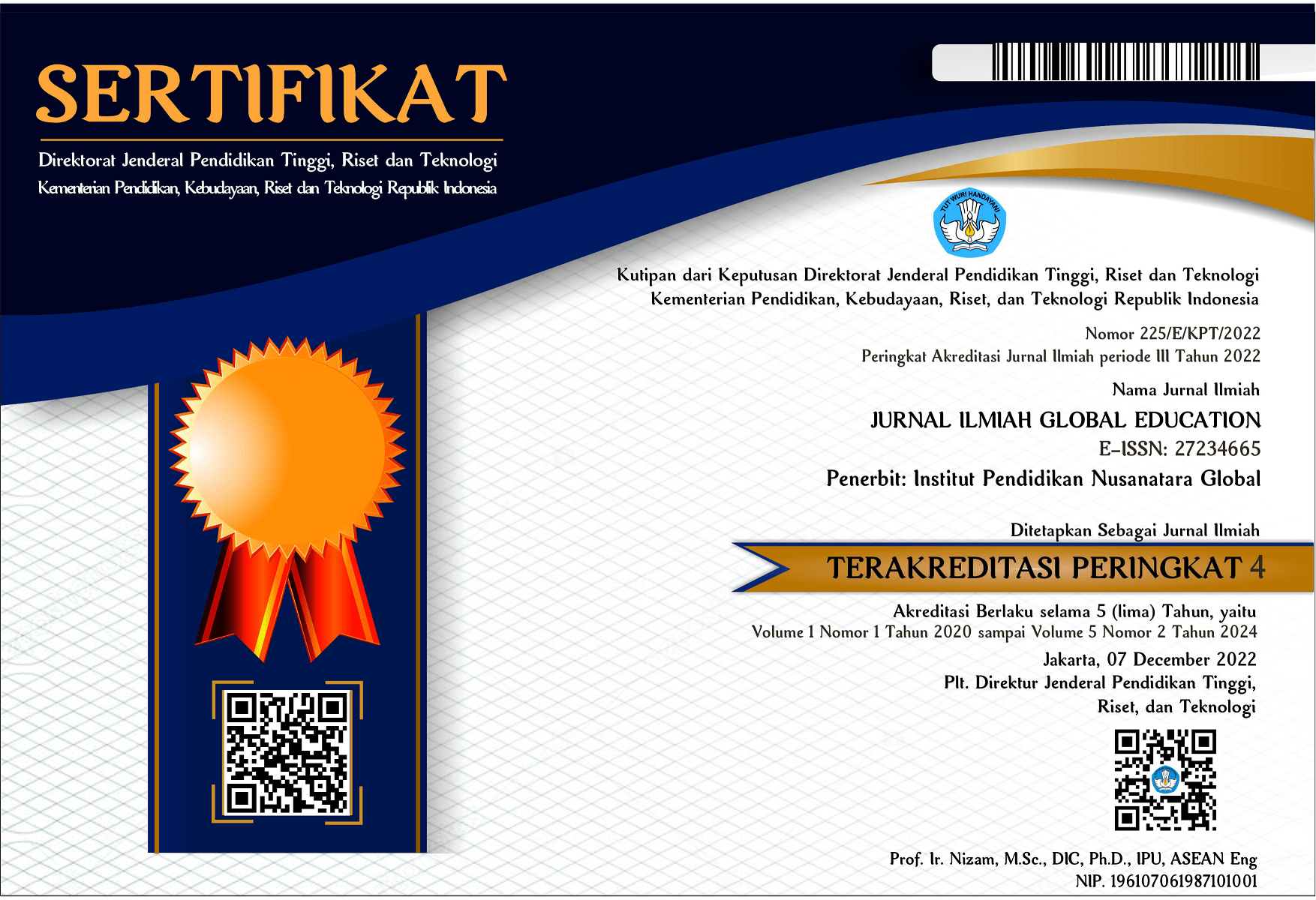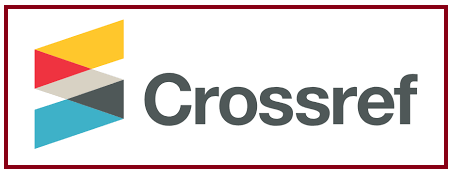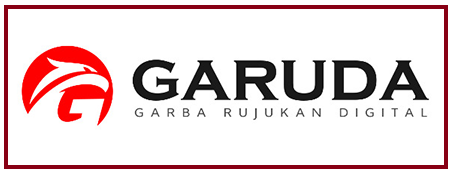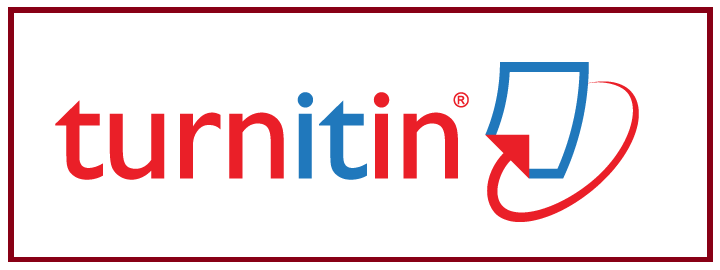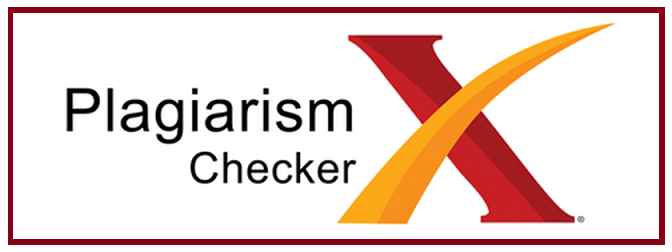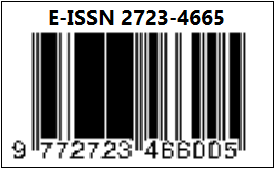Analysis of the Implementation of the K13 Learning Process in Vocational High Schools
DOI:
https://doi.org/10.55681/jige.v5i1.2360Keywords:
implementation of learning, K-13, VHSAbstract
Vocational high school (VHS) is an educational unit that functions to prepare students to become graduates with good work competencies. Student work competency can be obtained through good learning process standards. This research aims to determine the level of implementation of the 2013 curriculum (K13) learning process at VHS. This research uses a quantitative descriptive approach. This research took place at a vocational school in Manado City, North Sulawesi, Indonesia, as a case study location. The data collection technique uses a questionnaire with indicators of the implementation of the learning process, namely preliminary, core and closing activities. The data analysis technique uses descriptive analysis. The research results showed that the preliminary learning activities were declared very good with a percentage of 94%, the core learning activities were declared very good with a percentage of 92%, and the closing activities were declared very good with a percentage of 97%.
Downloads
References
Billett, S. (2020). Learning in the workplace, strategies for effective practice. Routledge.
Bukit, M. (2014). Strategi dan inovasi pendidikan kejuruan, dari kompetensi ke kompetisi. Alfabeta, Bandung.
Estriyanto, Y., Kersten, S., Pardjono, P., & Sofyan, H. (2017). The missing productive vocational high school teacher competency standard in the Indonesian education system. Journal of Technical Education and Training, 9(1), 26-44. https://publisher.uthm.edu.my/ojs/index.php/JTET/article/view/1499
Grosch, M. (2017). Developing a competency standard for TVET teacher education in Asean countries. Jurnal Pendidikan Teknologi dan Kejuruan, 23(3), 280-287. https://doi.org/10.21831/jptk.v23i3.13418
Haqiqi, A. Kh. (2019). Telaah Implementasi Kurikulum 2013: Tinjauan Pada Rencana Pelaksanaan Pembelajaran (RPP) Mata Pelajaran Ilmu Pengetahuan Alam. Journal of Natural Science and Integration, 2(1), 12-18.
Keputusan Direktur Jenderal Pendidikan Dasar dan Menengah Nomor: 330/D.D5/KEP/KR/2017 tentang Kompetensi Inti dan Kompetensi Dasar Mata Pelajaran Muatan Nasional (A), Muatan Kewilayahan (B), Dasar Bidang Keahlian (C), Dasar Program Keahlian (C2), dan Kompetensi Keahlian (C3).
Majid, A. (2014). Implementasi Kurikulum 2013. Bandung: Interes Media.
Mesuwini, J., & Mokoena, S. P. (2023). TVET Lecturer Work-Integrated Learning: Opportunities and Challenges. International Journal of Learning, Teaching and Educational Research, 22(8), 415-440. https://doi.org/10.26803/ijlter.22.8.22
Mubai, A., Ambiyar, Irfan, D., & Rasul, M.S. (2023). Flipped Direct Instruction (FDI): A New Practicum Learning Model in Vocational Education. International Journal of Learning, Teaching and Educational Research, 22(7), 547-565. https://doi.org/10.26803/ijlter.22.7.29
Oroh, R.R. (2023). Relevansi Pendidikan Kejuruan: Suatu Analisis Keterampilan Siswa dan Kebutuhan Industri Jasa Konstruksi. Tahta Media Group, Surakarta.
Oroh, R. R., (2023). Analysis of Construction Service Requirements towards Minimum Standards of Work Knowledge of Vocational High School Students. Journal of Vocational Education Studies, 6(2), 277-288. https://doi.org/10.12928/joves.v6i2.9037
Peraturan Menteri Pendidikan dan Kebudayaan Nomor 21 Tahun 2016, Standar Inti Pendidikan Dasar dan Menengah.
Peraturan Menteri Pendidikan dan Kebudayaan Nomor 20 Tahun 2016, Standar Kompetensi Lulusan Pendidikan Dasar dan Menengah.
Peraturan Menteri Pendidikan dan Kebudayaan Nomor 22 Tahun 2016 entang Standar Proses Pendidikan Dasar dan Menengah.
Prianto, A., Qomariyah, U. N., & Firman. (2022). Does Student Involvement in Practical Learning Strengthen Deeper Learning Competencies?. International Journal of Learning, Teaching and Educational Research, 21(2), 211-231. https://doi.org/10.26803/ijlter.21.2.12
Purnadi, Kuat,T., & Santosa, B. (2018). Effectiveness of the Device Network Application Initiative learning model towards the students’ information and communication technology skills. Journal of Vocational Education Studies, 1(1), 1-6. DOI: https://doi.org/10.12928/joves.v1i1.586.
Simanjuntak, M., Martgrita, M. M., Damanik, J. Y., & Pasaribu, M. (2022). The Relevance of Learning Methods in Realising Student-Centred Transformative Learning. International Journal of Learning, Teaching and Educational Research, 21(3), 359-378. https://doi.org/10.26803/ijlter.21.3.19
Smith, R. (2018). Learning in work: A negotiation model of socio-personal learning. Springer.
Suarniati, N. W., Ardhana, I W., Hidayah, N., & Handarini, D. M. (2019). The Difference between the Effects of Problembased Learning Strategy and Conventional Strategy on Vocational School Students’ Critical Thinking Skills in Civic Education. International Journal of Learning, Teaching and Educational Research, 18(8), 155-167. https://doi.org/10.26803/ijlter.18.8.10
Sugiyono. (2013). Metode penelitian pendidikan pendekatan kuantitatif, kualitatif dan R&D. Bandung: Alfabeta.
Sudira, P. (2012). Filosofi dan Teori Pendidikan Vokasi dan Kejuruan. UNY Press, Yogyakarta.
Surat Keputusan Menteri Pendidikan dan Kebudayaan No 130 Tahun 2017, Struktur Kurikulum SMK.
Suwandi, A., Muktiarni, M., Fitriyani, E., & Setiadi, R. P. (2023). Implementasi program teaching factory (TEFA) berbasis unit produksi untuk meningkatkan kompetensi kewirausahaan siswa di SMK kepariwisataan Bandung Raya. Jurnal Ilmiah Global Education, 4(4), 2215–2226. https://doi.org/10.55681/jige.v4i4.1398
Wibowo, P. A., Kuat, T., & Sayuti, M. (2018). Integrated learning based on competence in vocational high school. Journal of Vocational Education Studies, 1(2), 71-76. DOI: https://doi.org/10.12928/joves.v1i2.699.
Yanto, R., Waskito, Effendi, H., & Purwanto, W. (2023). Development of Web-Based Learning Media Using Google Sites in Vocational High School Informatics Subjects. Journal of Vocational Education Studies, 6(1), 11-24. https://doi.org/10.12928/joves.v6i1.8027
Downloads
Published
How to Cite
Issue
Section
License
Copyright (c) 2024 Rolly

This work is licensed under a Creative Commons Attribution-ShareAlike 4.0 International License.


